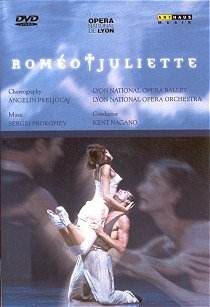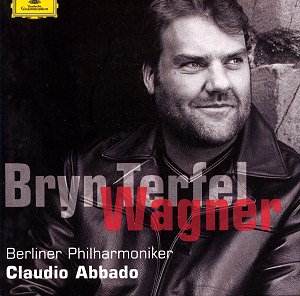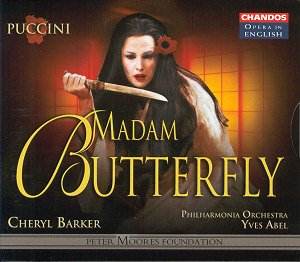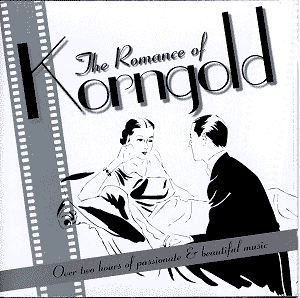 Composer: Prokofiev
Composer: Prokofiev
Works: Romeo and Juliet
Performers: Lyon National Opera Ballet, Lyon National Opera Orchestra, Kent Nagano (conductor)
Recording: Arthaus DVD 100246, region code 2 & 5
Label: Warner
Sergei Prokofiev’s “Romeo and Juliet,” a ballet that masterfully translates Shakespeare’s poignant tale of love and tragedy into a vibrant musical tapestry, remains a pivotal work in the 20th-century classical canon. Originally composed during the early tumult of the 1930s, its themes resonate deeply with the historical context of its creation, reflecting societal turbulence and the complexities of human emotion. This recent DVD release, featuring the Lyon National Opera Ballet under the baton of Kent Nagano, presents a striking interpretation that reinvigorates Prokofiev’s score while confronting contemporary issues of conflict and despair.
Nagano’s conducting is nothing short of electrifying; he imbues the score with a visceral intensity that is both thrilling and haunting. The orchestra’s playing is characterized by a remarkable clarity and precision, with strings soaring in lyrical moments and brass delivering punctuated weight that accentuates the drama. The sound engineering captures these nuances beautifully, offering a rich auditory experience where the orchestral textures emerge distinctly, allowing listeners to appreciate Prokofiev’s intricate orchestration. The contrasts between the tender love themes and the ominous motifs associated with the Montagues and Capulets are rendered with palpable emotionality, highlighting the score’s duality.
The production, choreographed by Angelin Preljocaj, boldly reinterprets the narrative through a post-war lens, juxtaposing the romantic idealism of the lovers with the stark realities of a Europe haunted by its own divisions. Preljocaj’s decision to truncate the score has sparked debate among purists; however, it serves a clear purpose in this context, facilitating a more immediate engagement with the ballet’s themes. The rearrangement of scenes, while disorienting at times, allows for a fresh exploration of character motivations and emotional arcs. Notably, the Dance of the Knights is transformed into a visceral display of aggression, eschewing the usual chessboard aesthetics for a more primal confrontation that echoes the rawness of modern conflict.
Visually, the production is hauntingly striking, thanks to set designer Enki Bilal’s bleak, oppressive landscapes that echo the dystopian atmosphere of Fritz Lang’s “Metropolis.” The monochromatic palette and the presence of robotic nurses create an unsettling tension, embodying the mechanized dehumanization prevalent in contemporary society. This design choice, paired with the choreography, emphasizes the stark contrasts between the liberated movements of Romeo and Juliet and the rigid, almost automaton-like presence of the guards and nurses. The dancers, Pascale Doye and Nicolas Dufloux, deliver performances that are both technically accomplished and emotionally resonant, embodying the tragic depth of their characters with a compelling physicality.
The decision to depict Juliet’s death after the music concludes is a controversial artistic choice that challenges traditional interpretations. While it may be seen as sacrilegious by some, it undeniably emphasizes the finality and heartbreak of the narrative, reinforcing the production’s overarching themes of loss and despair. Such audacity in interpretation reflects a deep engagement with the material, showcasing how a classic work can be reimagined to speak to contemporary audiences.
This DVD of Prokofiev’s “Romeo and Juliet” stands as an essential interpretation, not only for its musical execution under Nagano’s dynamic leadership but also for its thought-provoking choreography and design. It invites viewers to confront the darker facets of love and conflict, challenging expectations while remaining rooted in the emotional truth of Shakespeare’s original tale. This production, with its audacious vision and compelling performances, redefines the boundaries of ballet, making it a significant contribution to Prokofiev’s legacy.



